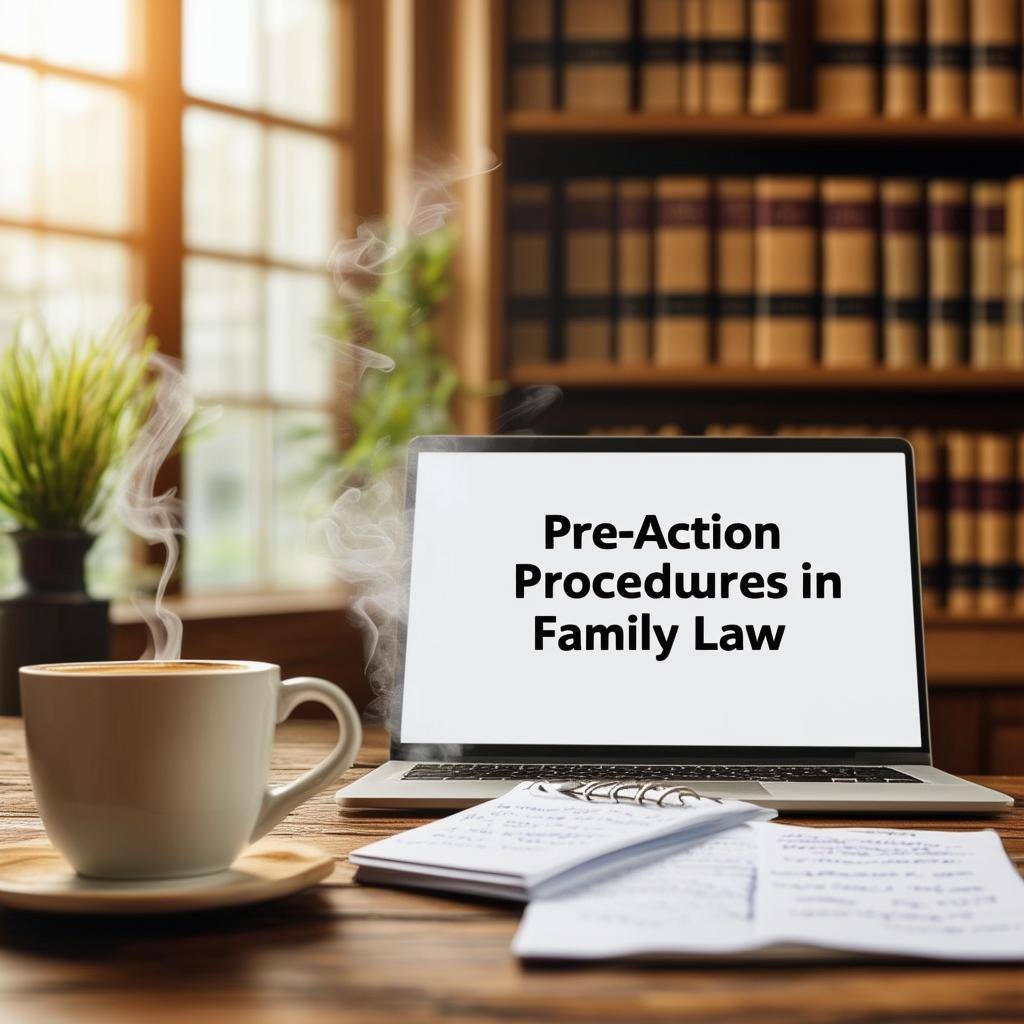
Navigating the family law system can be a challenging process for anyone, but for Indigenous Australians, these challenges are often amplified by cultural, geographical, and systemic barriers. The unique traditions and kinship structures of Indigenous communities don’t always align with the conventional legal framework, making it crucial to address these disparities with culturally sensitive solutions. Fortunately, services like Go To Court are helping bridge the gap, ensuring that Indigenous families receive fair and informed legal support.
Key Takeaways
- Cultural differences matter: The family law system must consider Indigenous traditions and kinship structures.
- Access to justice is essential: Remote locations and language barriers create unique challenges for Indigenous Australians.
- Support is improving: Initiatives like cultural awareness training and circuit courts aim to make the system more inclusive.
- Legal guidance helps: Professional advice ensures fair outcomes for Indigenous families navigating complex legal issues.
Understanding the Family Law System’s Impact on Indigenous Australians
The family law system in Australia addresses disputes related to parenting, property, and family violence. While its primary aim is to protect families and promote children’s best interests, applying this framework to Indigenous families can be challenging.
Cultural Differences in Family Structures
Indigenous communities often operate within complex kinship systems that differ significantly from Western notions of family. For example:
- Child-rearing responsibilities are often shared among extended family members.
- Decisions about parenting may involve Elders or other community leaders, rather than just the biological parents.
These cultural norms can create tension when the family law system prioritises more conventional parenting arrangements, such as sole or shared custody.
Challenges Faced by Indigenous Australians in the Family Law System
Access to Justice
For many Indigenous Australians, geographical isolation makes accessing courts and legal services difficult. Remote communities often lack nearby legal resources, and circuit courts only visit periodically.
Language barriers also play a significant role. Many Indigenous Australians speak English as a second (or third) language, and the legal jargon of family law can be difficult to understand.
Cultural Disconnect
Legal professionals and courts may not fully understand or appreciate Indigenous traditions, leading to decisions that don’t align with cultural practices. For example, a court-mandated parenting order might overlook the role of extended family in caregiving.
Socioeconomic Disparities
Financial difficulties further complicate matters. Many Indigenous Australians cannot afford private legal representation, limiting their ability to present a strong case in family law disputes.
Pull Quote: "The family law system works best when it recognises and respects the diversity of Australia’s communities."
Court Initiatives Supporting Indigenous Families
Efforts are underway to improve the family law system’s responsiveness to Indigenous Australians. Here’s how:
- Indigenous Family Liaison Officers
- These officers provide support and guidance, helping Indigenous families navigate legal proceedings with greater confidence.
- These officers provide support and guidance, helping Indigenous families navigate legal proceedings with greater confidence.
- Cultural Awareness Training for Legal Professionals
- Judges, lawyers, and court staff are learning to better understand Indigenous traditions, ensuring more culturally appropriate outcomes.
- Judges, lawyers, and court staff are learning to better understand Indigenous traditions, ensuring more culturally appropriate outcomes.
- Family Dispute Resolution Services
- Tailored mediation programs consider the unique needs and practices of Indigenous families, reducing reliance on court proceedings.
- Tailored mediation programs consider the unique needs and practices of Indigenous families, reducing reliance on court proceedings.
- Circuit Courts in Remote Communities
- By bringing legal services to rural and remote areas, circuit courts make justice more accessible for Indigenous Australians.
- By bringing legal services to rural and remote areas, circuit courts make justice more accessible for Indigenous Australians.
- Collaborations with Indigenous Organisations
- Partnerships with community groups build trust and ensure that Indigenous voices are heard in family law matters.
- Partnerships with community groups build trust and ensure that Indigenous voices are heard in family law matters.
How the Family Law System Can Better Serve Indigenous Australians
While progress has been made, there’s still work to do. Here are some ways the family law system can continue to improve:
Promoting Culturally Appropriate Practices
Courts should prioritise understanding and integrating Indigenous kinship structures into decisions about parenting and caregiving. Involving community Elders in mediation and decision-making processes can help ensure culturally respectful outcomes.
Improving Accessibility
Expanding circuit courts and outreach services to remote areas is essential. Providing more funding for Indigenous-specific legal aid can also make a significant difference.
Advocating for Policy Reform
Ongoing advocacy is needed to align family law processes with Indigenous cultural values, ensuring a system that works for everyone.
Role of Legal Professionals in Supporting Indigenous Australians
Legal professionals play a vital role in bridging the gap between the family law system and Indigenous communities.
- Providing Culturally Sensitive Advice: Lawyers who understand Indigenous traditions can offer better, more tailored guidance.
- Advocacy and Representation: Skilled legal representation ensures that Indigenous families’ unique needs are presented and respected in court.
- Collaborating with Community Leaders: Engaging with Elders and Indigenous organisations helps build trust and foster meaningful solutions.
Firms like Go To Court are dedicated to supporting Indigenous Australians in family law matters, providing expert advice and advocacy to ensure fair and just outcomes.
Conclusion
Indigenous Australians face unique challenges within the family law system, but with the right support, these barriers can be overcome. By addressing cultural differences, improving accessibility, and advocating for reform, the system can better serve all Australian families.
If you or someone you know needs assistance navigating family law issues, visit www.gotocourt.com.au. The team at Go To Court is committed to providing culturally sensitive and effective legal guidance, ensuring every family receives the justice they deserve.
Related Posts
Join the movement.
Your Entourage journey starts here. Join Australia's largest community of over 500,000 business owners and entrepreneurs, and receive instant access to exclusive content and updates delivered straight to your inbox.




